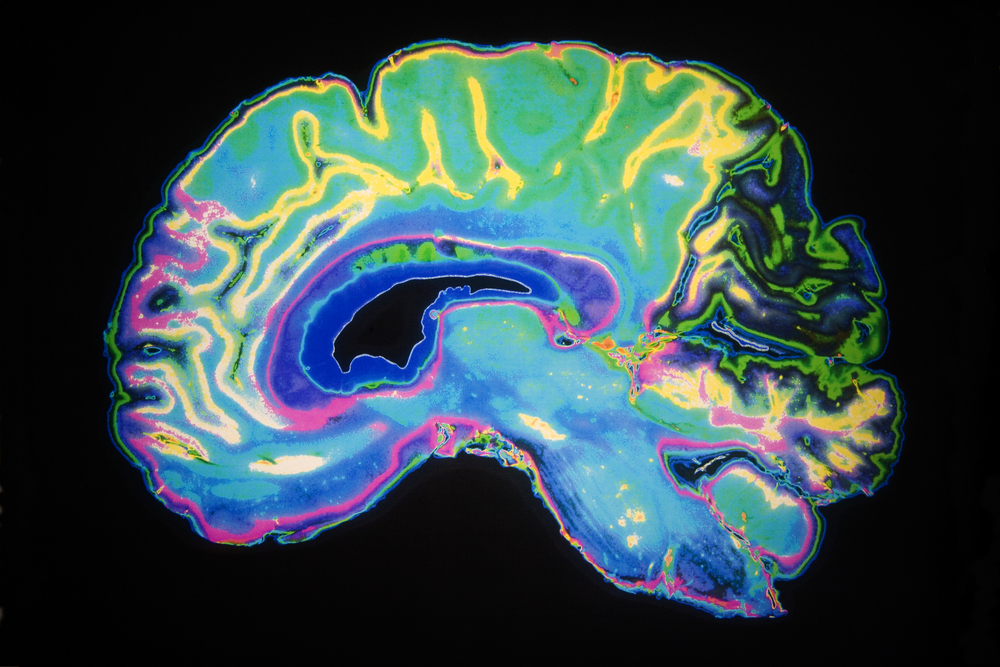Levodopa May Not Be the Best Option for Parkinson’s Treatment, Study by Students Contends

Levodopa improves Parkinson’s patients’ symptoms by binding with two types of receptors for dopamine, a neurotransmitter that helps regulate movement and emotional response.
Although it is considered the gold standard in Parkinson’s treatment, a study from Binghamton University students contends that levodopa’s interaction with the dopamine receptor D2 may cause involuntary muscle movements, compulsive behaviors, and hallucinations.
The research, “Effects of Receptor-Specific Dopamine Drugs on the Treatment of Cognitive Deficits in Parkinson’s Disease,” appeared in the The Undergraduate Journal of Psychology at UCLA.
Parkinson’s is a progressive neurodegenerative disorder that affects movement, muscle function, and speech. It is characterized by gradual loss of nerve cells that contain the neurotransmitter dopamine. They are located in a brain area called substantia nigra that is essential to the control of movement.
Dopamine binds to two classes of receptors — D1 and D2. Levodopa, which is also called L-DOPA, is a naturally occurring molecule that generates dopamine. It binds to both D1 and D2 receptors to replenish the disease-related lower levels of dopamine, improving Parkinson’s symptoms.
The New York State university research team triggered the formation of brain lesions in rats to mimic the loss of nerve cells in Parkinson’s. Rats were then treated with levodopa or compounds that bind with either D1 or D2 receptors, but not both. The next step was for rats to be tested for movement, ability to pay attention, and spatial memory.
Although activating D2 receptors with quinpirole improved the rats’ spatial memory, it led to attention loss in both rats with brain lesions and controls. In contrast, activating D1 receptors did not lead to significant differences, in comparison with levodopa.
Overall, the findings suggested that, because levodopa stimulates D2 receptors, it may not be the best choice for Parkinson’s treatment.
“Parkinson’s disease is one of the most common neurodegenerative diseases in the world,” Lakshmi Hareendran, a member of the research team, said in a press release. “Knowing that the current treatment isn’t as effective as it could be is important.”
“In conclusion, the quinpirole effects on memory and attention ability is an essential discovery. Uncovering the mechanisms underlying these actions may lead to the development of a more effective treatment for [Parkinson’s] that covers both motor and cognitive deficits in humans,” the researchers wrote.
Hareendran comes from a family with several doctors and has an uncle who is a brain surgeon. “As a kid, just thinking about him being able to understand something as complex as the human brain really inspired me to go down that path,” she said. She plans to work with Doctors Without Borders some day.






